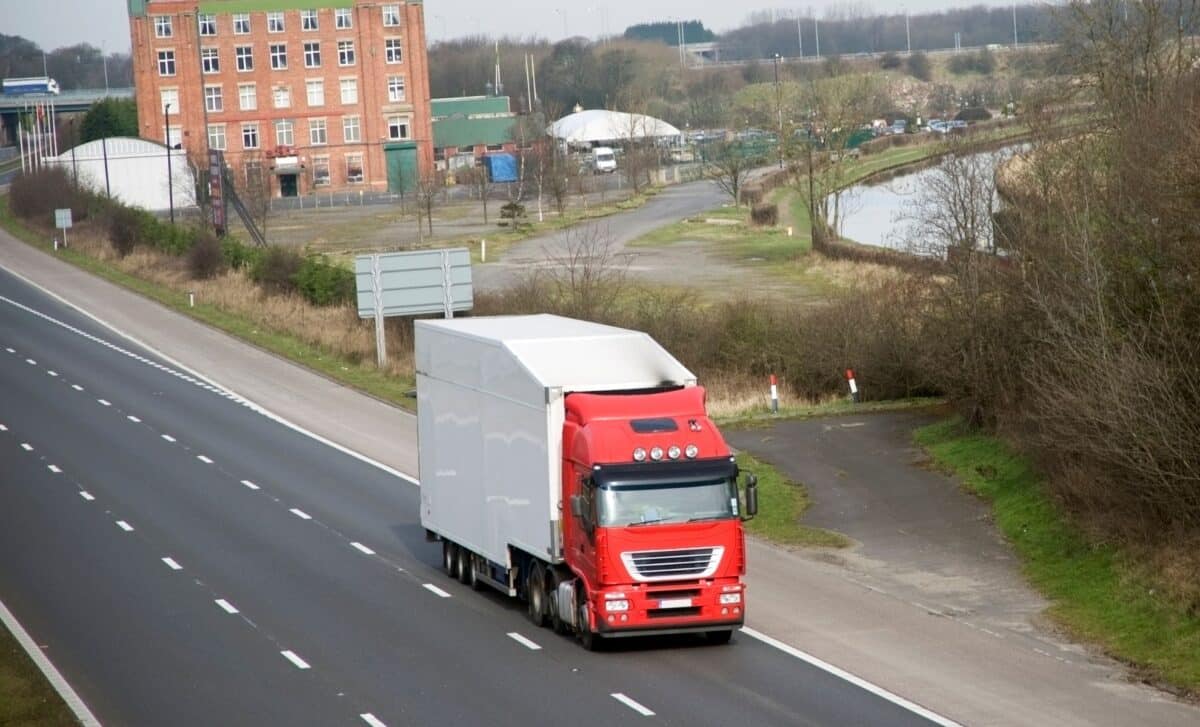Significant regulatory changes are coming for HGV operators involved in international transport, beginning Monday, 21 April 2025. As reported by FleetPoint, the UK will implement updates to drivers’ hours and tachograph regulations to meet its obligations under the UK/EU Trade and Cooperation Agreement. These changes will apply to all international journeys and vehicles over 3.5 tonnes, including those from outside the UK and EU.
The key update is the adoption of AETR (European Agreement concerning the Work of Crews of Vehicles Engaged in International Road Transport) rules, replacing retained EU regulations for international operations. While most rules remain consistent, some specific UK/EU provisions no longer apply under AETR, including regulations around returning to base, interrupting rest periods, and unforeseen event handling.
Key Regulatory Changes for International Operators
One of the most notable changes is the adoption of AETR rules, which replaces the EU-derived drivers’ hours regulations for international transport. While many of the existing rules remain the same, some specific UK/EU provisions no longer apply under this agreement. This includes:
- The obligation for drivers to return to their base every four weeks
- Rules on splitting daily and weekly rest periods
- Flexibility in rest rules due to unforeseen circumstances
Operators must now adhere strictly to the AETR framework for all vehicles over 3.5 tonnes engaged in international work, whether they are based in the UK, EU, or other countries.
Extended Tachograph Record-Keeping Requirement
Another major update is the extension of tachograph record retention. Drivers will now be required to carry 56 days’ worth of records, up from the previous 28. This includes:
- Digital tachograph data
- Analogue charts
- Manual records of work and rest periods
Operators must ensure that both drivers and vehicles are equipped and trained to comply with this longer record-keeping requirement. Failure to do so may lead to penalties during roadside checks or inspections by enforcement agencies across Europe.
UK-Only Journeys Remain Unaffected
It’s important to note that these changes do not impact UK-only domestic operations. Operators whose HGVs never leave the UK will continue to follow existing UK-specific regulations without any alterations.
However, for those engaged in cross-border operations, compliance is essential. Operators should review internal training, vehicle systems, and tachograph data storage capabilities ahead of the transition.
Additional Guidance Expected for Northern Ireland
The UK government has stated that further guidance will be issued for operators based in Northern Ireland, given the region’s unique status under the Northern Ireland Protocol. While the AETR will apply similarly, there may be jurisdiction-specific clarifications or requirements.
Operators are encouraged to monitor updates from the Driver and Vehicle Standards Agency (DVSA) and the Department for Transport (DfT) to ensure full compliance with the upcoming rule changes.









